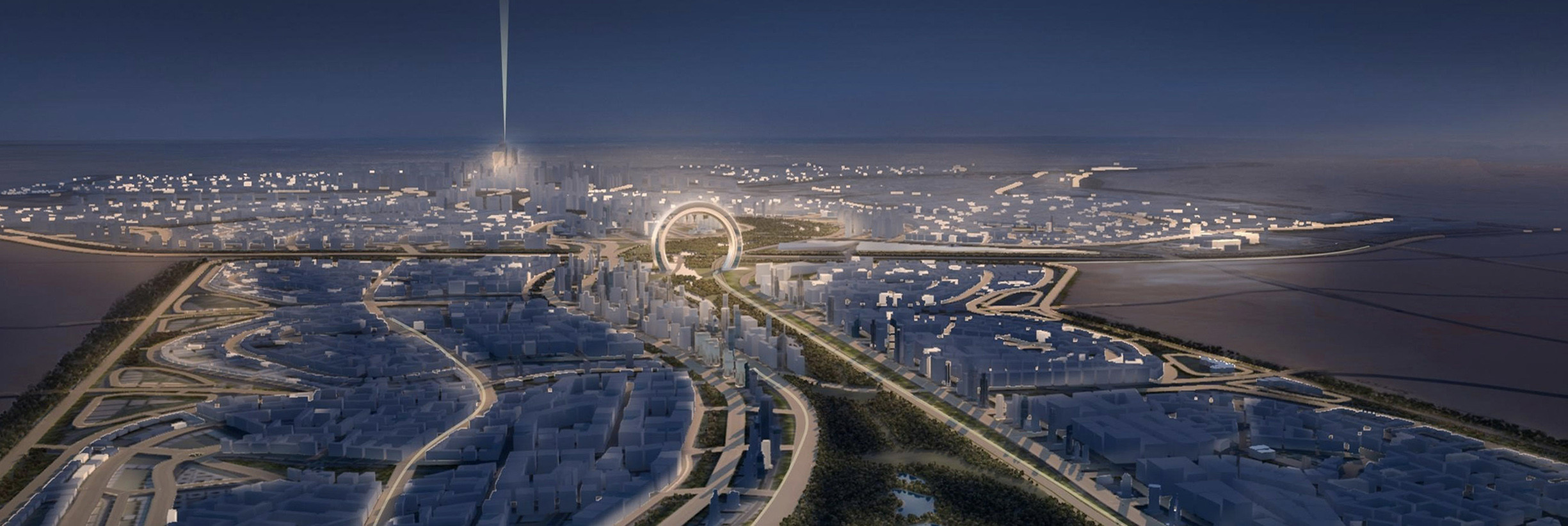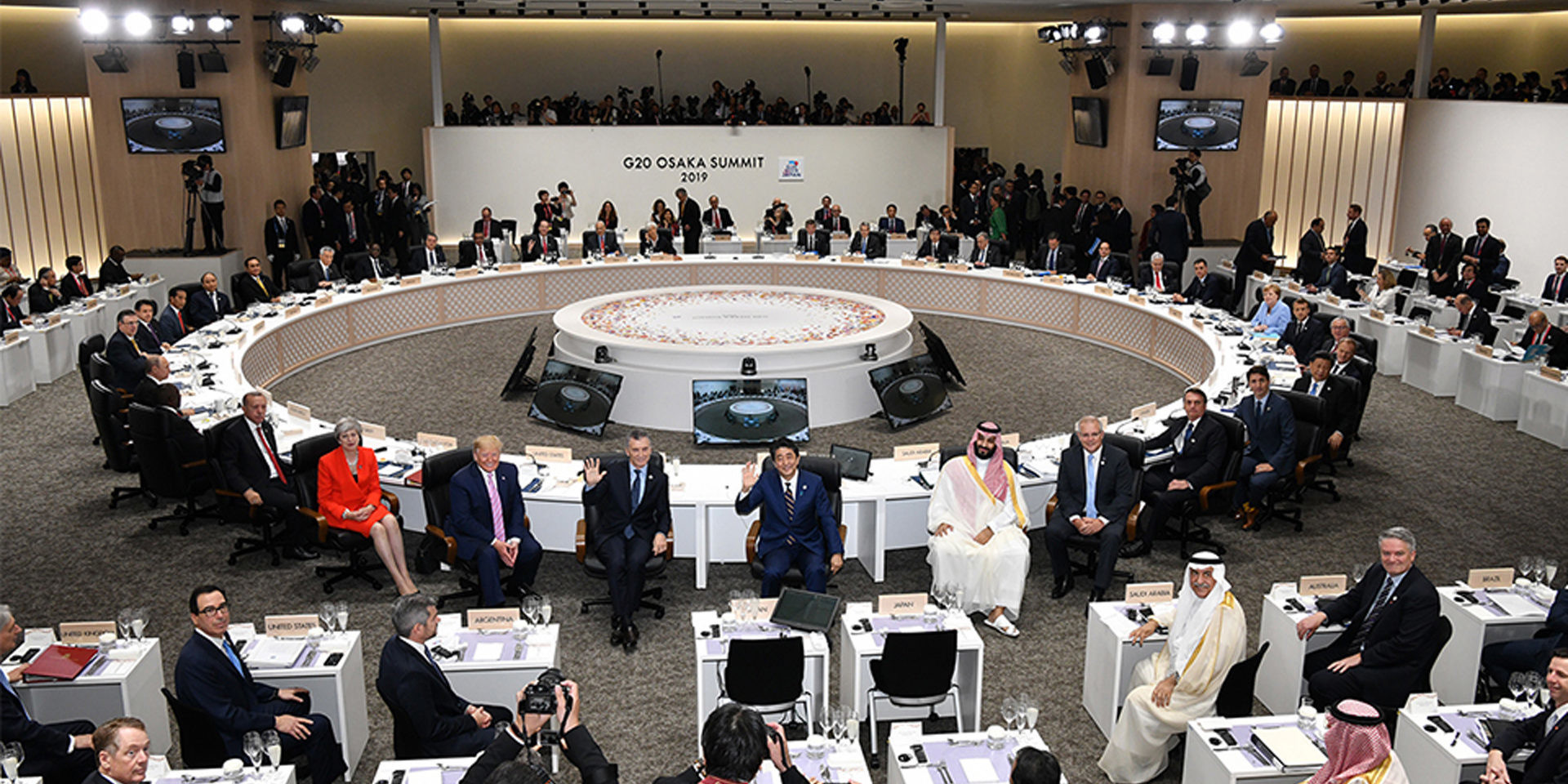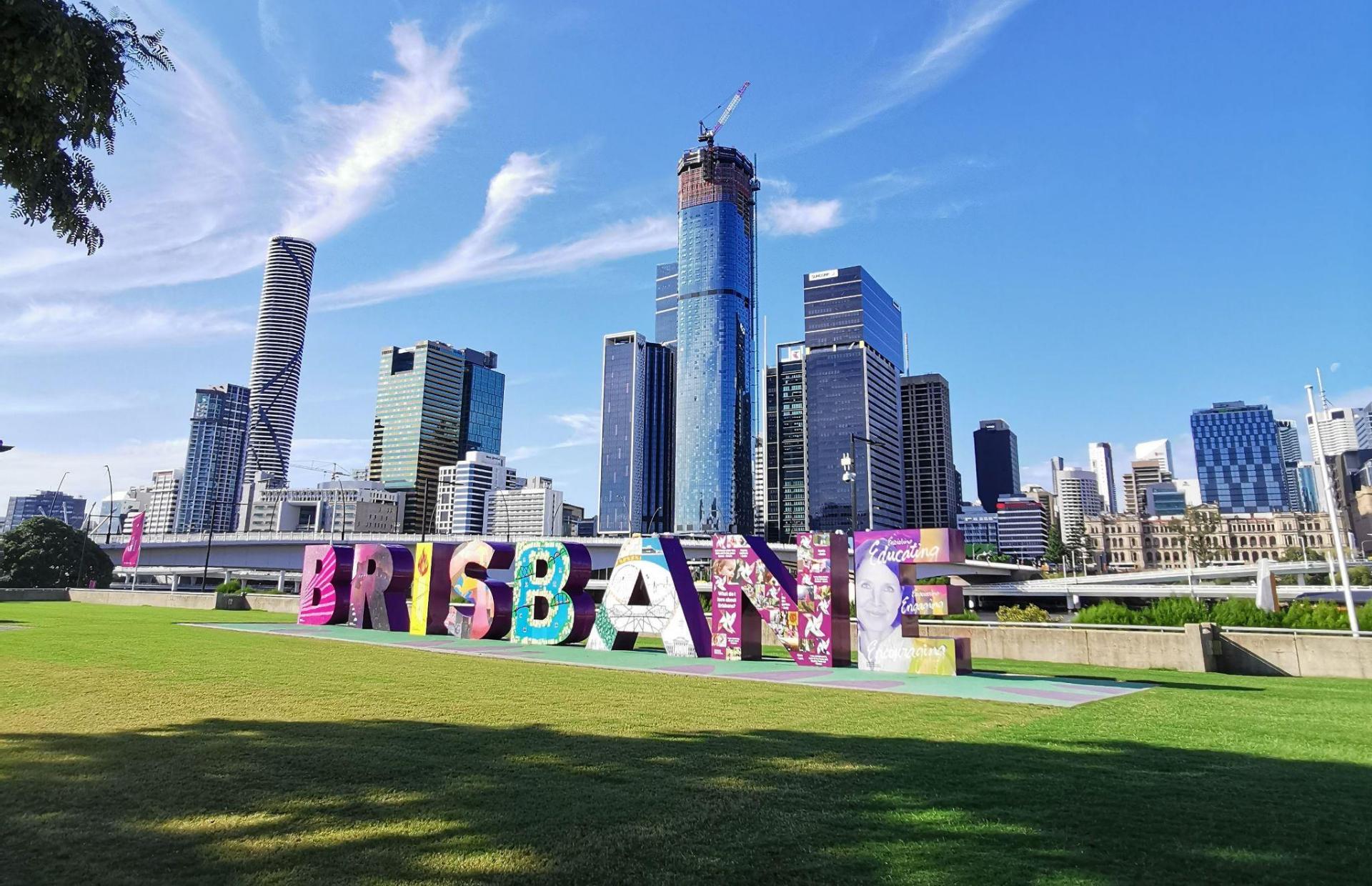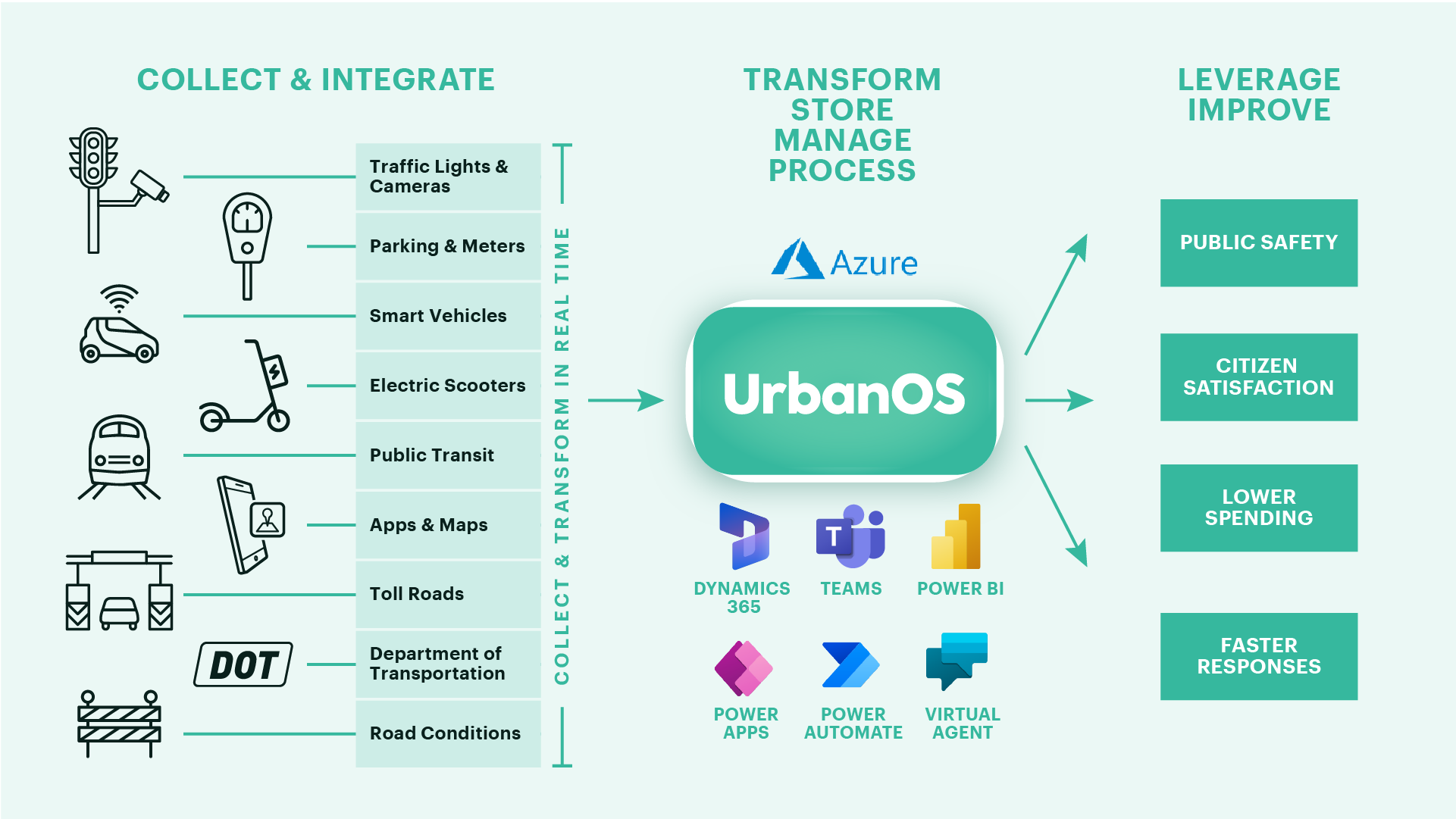Author | Patricia M. LicerasGlobal Smart Cities Alliance. This is the name given to the network established during this year’s G20 summit to ensure the most important economies in the world work together to establish norms and values for smart cities.The aim of this collaboration is to unite municipal, regional and national governments with allies in the private sectors and residents in cities worldwide with the ultimate aim of creating a series of principles to serve as a guide for the deployment of technology in smart cities, promoting principles including transparency, privacy and security.Currently, there is no global framework in place for how sensor data collected in public spaces, such as by traffic cameras, should be used. This is one of the issues that this network of interconnected cities will aim to address, fostering greater openness and trust as well as establishing standards for how this data is collected and used. This is the first time the implementation of smart city technologies and global technology governance have been elevated to the agenda of world leaders.The World Economic Forum will be the main stakeholder of this global alliance. It will work in coordination with members of the G20 and the Urban 20 and Business 20 communities for the responsible use of data and digital technologies in urban environments. There will also be an agency in charge of directing the group’s work and to ensure the members of the coalition provide an account of their activities and initiatives. It will be the World Economic Forum’s Centre for the Fourth Industrial Revolution, specifically the Internet of Things, Robotics and Smart Cities team.
Transparency, security and privacy
 “It is important that we maximise the benefit and minimise the risk of smart city technology so all of society can benefit, not the few”, said Børge Brende, during the G20 meeting held on 28 and 29 of June in Osaka (Japan).New York City’s Mayor, Bill de Blasio, commented “In today’s interconnected world, global collaboration is no longer merely an option, it is a necessity”. “My city is proud to have championed a model for smart cities that puts the most vulnerable residents first […] As mayors, we have a unique responsibility to lead by example and demonstrate a sustainable path towards a more inclusive and equitable future”, he continued.The mayor of Barcelona, Ada Colau, followed a similar line, stating that “cities must be at the forefront of policies to provide citizens with technology and data, with the aim of tackling significant social and environmental challenges, including feminism, access to housing, climate change and the energy transition”. “We are committed to forming part of this global effort to build a digital society that puts citizens first and safeguards their fundamental rights”.Víctor Pineda, co-founder of Smart Cities for All, which seeks to empower persons with disabilities through inclusion, welcomed the initiative. “The last industrial revolution left out a lot of people. As we move into the Fourth Industrial Revolution, we cannot risk repeating past mistakes. We need to work together to co-design robust policy frameworks to ensure that all members of society can contribute to and benefit from technological advancements”.Images | G20
“It is important that we maximise the benefit and minimise the risk of smart city technology so all of society can benefit, not the few”, said Børge Brende, during the G20 meeting held on 28 and 29 of June in Osaka (Japan).New York City’s Mayor, Bill de Blasio, commented “In today’s interconnected world, global collaboration is no longer merely an option, it is a necessity”. “My city is proud to have championed a model for smart cities that puts the most vulnerable residents first […] As mayors, we have a unique responsibility to lead by example and demonstrate a sustainable path towards a more inclusive and equitable future”, he continued.The mayor of Barcelona, Ada Colau, followed a similar line, stating that “cities must be at the forefront of policies to provide citizens with technology and data, with the aim of tackling significant social and environmental challenges, including feminism, access to housing, climate change and the energy transition”. “We are committed to forming part of this global effort to build a digital society that puts citizens first and safeguards their fundamental rights”.Víctor Pineda, co-founder of Smart Cities for All, which seeks to empower persons with disabilities through inclusion, welcomed the initiative. “The last industrial revolution left out a lot of people. As we move into the Fourth Industrial Revolution, we cannot risk repeating past mistakes. We need to work together to co-design robust policy frameworks to ensure that all members of society can contribute to and benefit from technological advancements”.Images | G20




















































